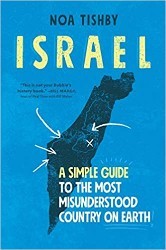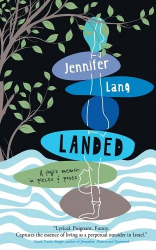Reveals how young American Jewish children come to develop their views about Israel
Israel has long occupied a prominent place in the lives and imaginations of American Jews, serving as both a symbolic touchstone and a source of intercommunal conflict. In My Second-Favorite Country, Sivan Zakai offers the first longitudinal study of how American Jewish children come to think and feel about Israel, tracking their evolving conceptions from kindergarten to fifth grade.
This work sheds light on the perception of Israel in the minds of Jewish children in the US and provides a rich case study of how children more generally develop ideas and beliefs about self, community, nation, and world. In contrast to popular views of America’s youth as naive or uninterested, this book illuminates both the complexity of their thinking and their desire to be included in conversations about important civic and political matters. Zakai draws from compelling empirical data to prove that children spend considerable effort contemplating the very concepts that adults often assume they are not ready to discuss. Indeed, the book argues that over the course of their elementary school education, children develop and express deep interest in complex issues such as the intricacies of identity and belonging, conflicting ways of framing the past, and the demands of civic responsibility. Ultimately, Zakai argues that in order to take children’s ideas seriously and better prepare them for a world full of disagreement, a substantive shift in educational practices is necessary.

My Second-Favorite Country
Discussion Questions
In My Second-Favorite Country, Sivan Zakai shares her findings from the first longitudinal study of how American Jewish elementary school children think about Israel. Although Israel education is now a central feature of the American Jewish educational experience, to date there has been little data to suggest how Jewish children think and feel about Israel. Zakai’s research helps to fill this gap.
The author also suggests that most educational institutions have yet to clearly define goals for Israel education and that professional development in this field must continue to evolve, to better support educators in understanding both the subject matter and how children learn. Zakai claims that only by exploring these two disciplines in parallel will these programs prepare participants to support students in grappling with a set of inherently complex ideas that are often reserved for older learners.
My Second-Favorite Country is an important work for any reader interested in how Israel education must develop to better meet the needs of today’s Jewish children.

Help support the Jewish Book Council.



